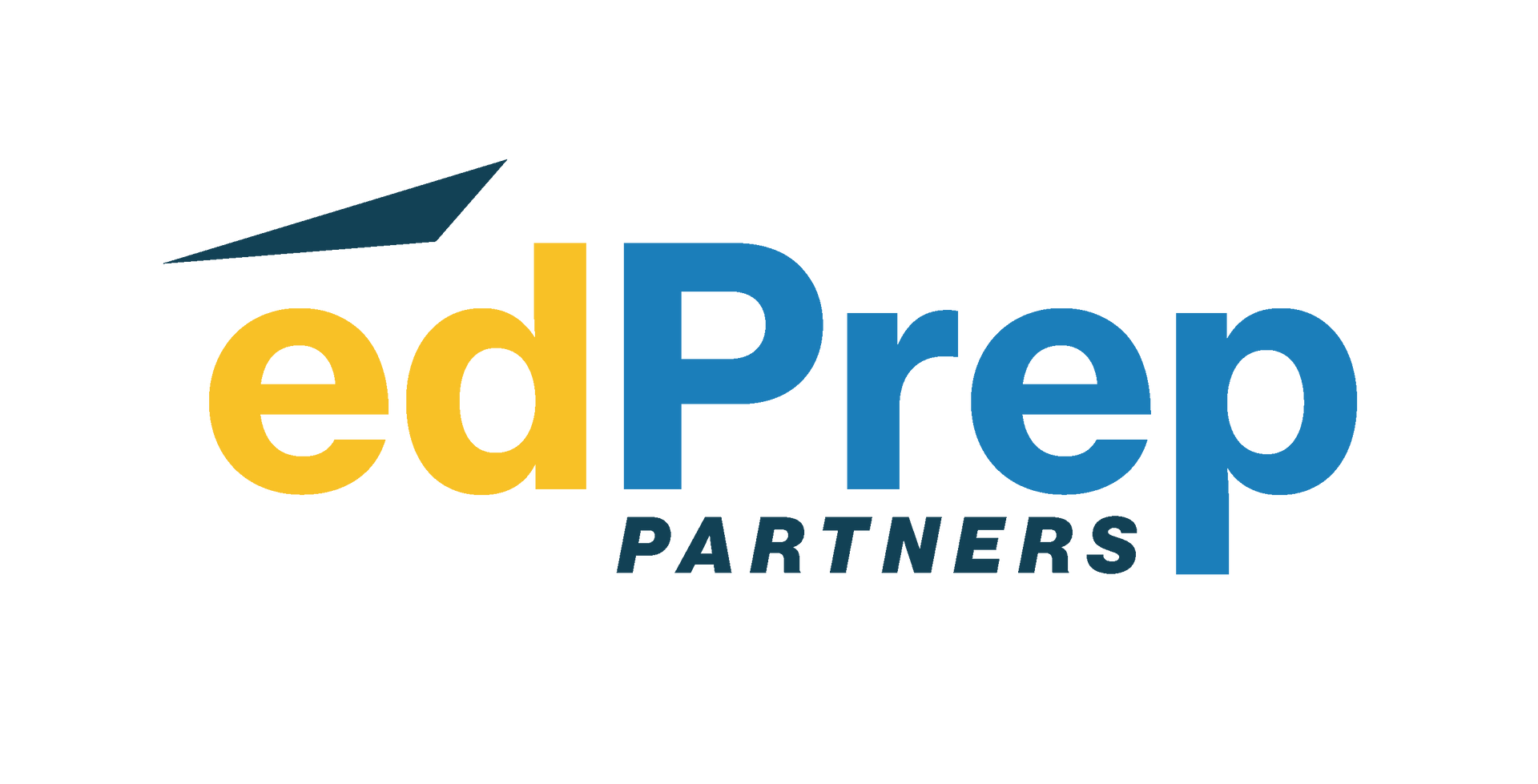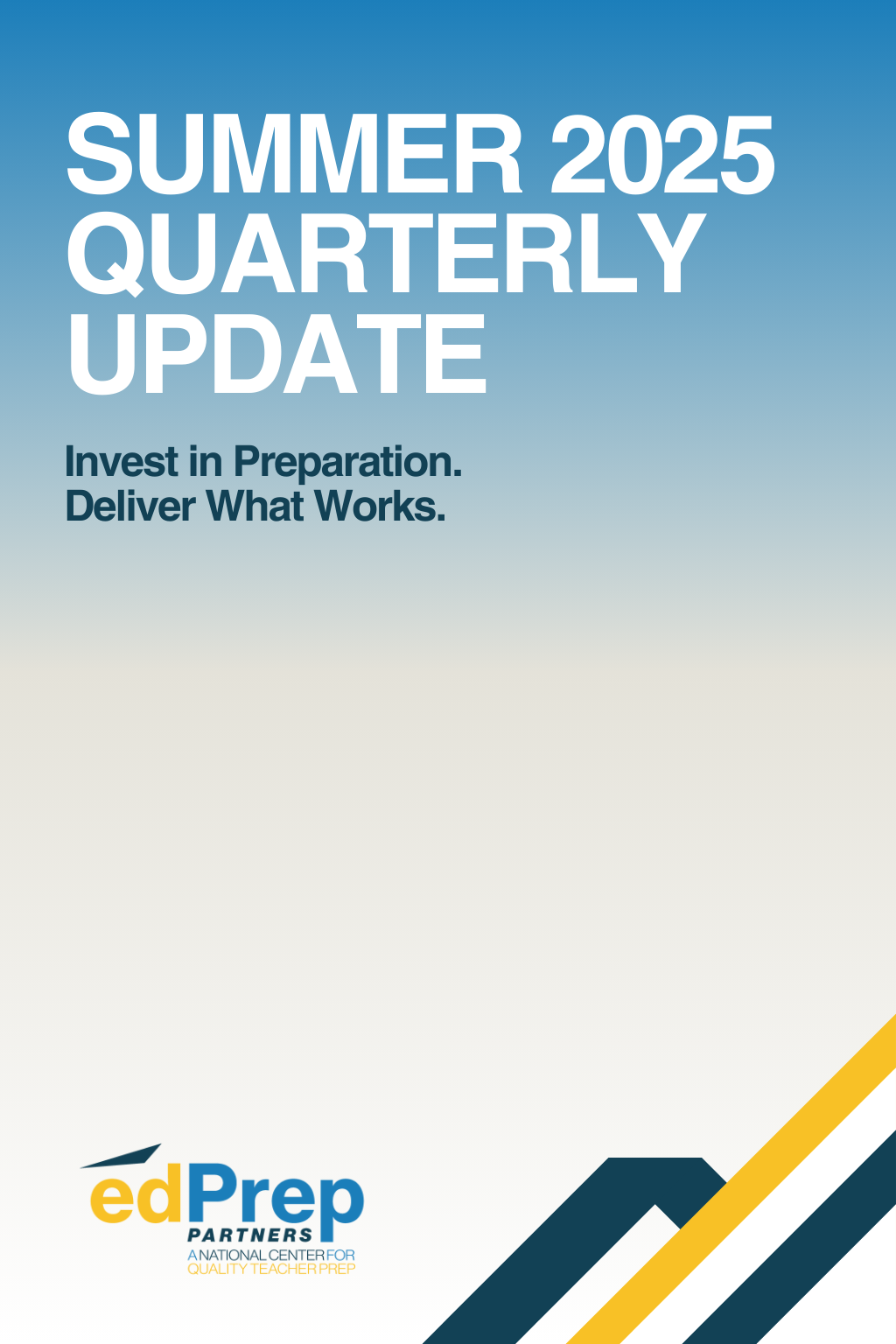EdPrep Partners Quarterly Update Summer 2025
EdPrep Partners Quarterly Update
Summer 2025 | Invest in Preparation. Deliver What Works
The Readiness Imperative:
Building & Doing What Matters
Over the last two decades, I’ve worked alongside preparation leaders and faculty who have poured extraordinary amounts of energy into building plans, frameworks, and bold visions for improvement in educator preparation. I’ve learned so much—and have been continually humbled by the innovative, purposeful leaders alongside me driving improvements in our field. That groundwork matters. But despite this progress, too much of what’s needed still lives on paper rather than in practice.
It’s not that the work hasn’t started—it’s that lasting, high-impact implementation remains uneven, most especially for teacher candidates and P-12 students. Now, more than ever, is the moment to shift from planning for quality preparation to practicing it.
At EdPrep Partners, we believe the next chapter isn’t about chasing trends—it’s about delivering on what we as a field already know works. That doesn’t mean the work is simple. Preparing excellent teachers requires intention, precision, and sustained support.
We recognize there are new and promising ways to organize staffing and reimagine pathways—and we’re incredibly excited about those shifts. But the fundamentals of great teaching and teacher preparation remain under-implemented in far too many places.
The drivers of teacher candidate readiness aren’t a mystery—and they shouldn’t be. We need to democratize what works so that every program, every pathway, and every candidate has access to the preparation practices that most quickly build readiness to teach.
- Quality teaching at every level is the engine of readiness. When faculty, supervisors, and mentor teachers explicitly model high-leverage practices, label the criteria behind them, and develop rigorous, high-impact practices, candidates internalize what excellent teaching looks like—and how to facilitate it.
- Structured practice leads to stronger instruction. Teacher candidates improve when they rehearse and enact teaching moves in authentic classroom settings—whether through representations or enactments with P-12 students—where candidates are both challenged and supported.
- High-frequency, high-quality feedback drives growth. Candidates need routine, specific, and timely feedback aligned to a clear developmental trajectory—not just reflection prompts, but feedback anchored in criteria, informed by modeling, and focused on instructional pedagogy and decision-making proven to improve P-12 outcomes. When paired with structured practice, these feedback opportunities build the habits and precision needed for day-one readiness.
Not all efforts lead to impact. Some strategies feel comfortable or manageable for programs—not because they’re high-leverage, but because they’re low-resistance.
At its core, this is about preparation—real, rigorous preparation that equips candidates to teach effectively both during their program and well beyond it. To make meaningful progress, we must get sharper about what truly builds readiness—and commit to doing it. That means adopting a mindset of discipline, intentionality, and purposefulness in how candidates spend their time in preparation—applied not only to candidates themselves, but to the people and systems responsible for preparing them.
Let’s make teacher preparation better—together.
Calvin J. Stocker
Founder & CEO, EdPrep Partners
EdPrep Perspective: A Systems Response to the Learning Crisis
Our EdPrep Perspective series provides guidance on urgent challenges in educator preparation—grounded in research and focused on actionable solutions.
Refocusing on What Works
In the wake of national learning setbacks and increased urgency around teacher readiness, Refocusing on What Works offers a candid response. Drawing from a recent New York Times article and EdPrep Partner’s experience, this brief calls for a systems-level shift—away from slogans and toward preparation practices that drive candidate preparation and, ultimately, student learning. Let’s implement blueprints that move from intention, to impact.
What’s Ahead:
Strengthening Preparation Through State-Led Commitments
EdPrep Partners was founded with a clear purpose: to dramatically improve the quality of teacher preparation nationwide.
Across the field, we see educator preparation programs, faculty, funders, and state agencies working hard to strengthen both where and how future teachers are developed. Yet even with this momentum, too many candidates still enter classrooms without the instructional skills or developmental support needed to succeed on day one.
The opportunity now is to move with greater precision and urgency—to build on existing strengths, align preparation to what works, and reimagine pathways in ways that expand access without compromising quality. That doesn’t require starting over; it requires support that is targeted, practical, and sustainable.
This year, we’re supporting a new wave of multi-year efforts across several states, each grounded in that commitment. Formal announcements will come directly from our partners, but we’re excited to share that this work reflects exactly what we exist to do: support programs and systems ready to deepen their efforts and take the next step toward rigorous, practice-based preparation that equips teachers to improve outcomes for P–12 students.
Across our engagements, we focus on five high-leverage drivers of change:
- Deep program diagnostics to identify what is—and isn’t—effectively preparing candidates for high-quality instruction with P–12 students.
- Prioritized recommendations that drive purposeful, timely shifts in the areas that most impact instructional quality and student outcomes.
- Technical assistance that builds the capacity of EPP leaders and teacher educators through strategic, high-frequency support—designed to drive lasting, scalable improvement.
- Pathway diversification that meets candidates and the educator preparation market where they are—while scaling sustainable models that deliver on quality.
- Streamlined data routines that increase the consistency and utility of data use—enabling programs to plan, communicate, and improve more effectively. We help programs democratize data so it becomes a tool for improvement, not just compliance.
We don’t just name what matters—we help programs do it. Whether through state systems work, cross-institutional technical assistance, or focused program support, we partner with those ready to raise the bar for preparation—and stay there.
From the Field: What’s Working and Why It Matters
Across the field, bold and grounded work is pushing preparation forward. These recent contributions—from national leaders and institutions—spotlight the practical shifts, leadership priorities, and instructional models that most urgently deserve attention. Each underscores a shared commitment: deepen candidate development, raise expectations for educator learning, and design systems that deliver real results for teacher candidate preparation and P–12 students.
From TeachingWorks at the University of Michigan
In A Brief Exploration of Mathematical Literacy, Nicole Garcia, Deborah Loewenberg Ball, and the
TeachingWorks team emphasize that
mathematical literacy isn’t a given—it must be intentionally built. Students need to engage in meaningful problem-solving, communicate their mathematical thinking, and develop positive math identities. To meet that charge, TeachingWorks and the New York State Education Department collaborated to distill decades of research into eight concise, accessible briefs. The briefs outline essential practices for building mathematical proficiency and offer practical guidance on instruction, assessment, curriculum use, leadership, and more.
Read the Post
From TeachingWorks at the University of Michigan
Francesca Forzani from TeachingWorks offers the field a timely reminder: teacher preparation isn’t just complex—it’s public work. Her call to make our teaching visible through thoughtful syllabi, course plans, and public materials challenges us to represent preparation clearly and professionally. “Just because it’s tough doesn’t mean we shouldn’t do it,” she writes. “As the preparers of our nation’s public school teachers, we shouldn’t be affronted by requests to make clear what we do and how we do it.”
Read Francesca’s Post
Read EdPrep Partner’s Response
From Dean’s for Impact
In Rethinking Leadership in Educator Preparation, Deans for Impact shares findings from a national study examining the evolving role of leadership in educator preparation. The report outlines a new vision for program leadership—one grounded in instructional focus, system-level strategy, and proactive coalition-building. At its core, the report calls on EPP leaders to:
- Reclaim instructional improvement as the central purpose of preparation, focusing leadership energy on strengthening candidate learning experiences.
- Lead discerning strategic change by aligning people, systems, and decision-making to long-term priorities—not short-term fixes.
- Engage in proactive advocacy to advance a shared vision of quality educator preparation at the local, state, and national levels.
Each priority is brought to life through powerful case studies of leaders who are threading the needle between innovation and accountability.
Read the Publication
From Dean’s for Impact
In From Preparation to Prosperity: Federal Actions to Support Future Teachers, Deans for Impact outlines a bold federal agenda to address the national teacher shortage and strengthen educator preparation. The brief calls on federal leaders to
(1)
invest in teacher preparation through sustained and streamlined funding for accessible, practice-based pathways;
(2)
reset the national conversation on teaching and learning, including recognizing aspiring teachers and elevating evidence-based workforce strategies; and
(3) advance policy to scale affordable, high-quality preparation, including stronger PK–12 and EPP partnerships, paid clinical experiences, and aligned accountability.
Read the Brief
From Arizona State University’s Next Education Workforce
From the team at Arizona State University’s Mary Lou Fulton Teachers College,
The Next Education Workforce offers a compelling
call to rethink how we organize educators and learning in schools. Brent Maddin and his team raise up the long-standing one-teacher, one-classroom model and propose a team-based approach that distributes expertise, deepens student learning, and improves outcomes for all P-12 students. These models include new roles, advancement pathways, and more sustainable working conditions for educators. With practical guidance for school leaders, preparation providers, and policymakers, the book outlines how to launch and sustain these models—calling for a system-wide shift in leadership, human capital strategy, and educator development to meet today’s learning demands.
EdPrep Insights: What You May Have Missed
Our EdPrep Insights series surfaces urgent challenges in educator preparation and lifts up research-aligned, actionable strategies for improvement. Each brief is grounded in EdPrep’s technical assistance approach and directly reflects the EdPrep Performance Framework and our 14 Levers for Quality Teacher Preparation. If you haven’t yet explored the most recent editions, here’s what you missed:
Delaware’s Playbook: A Signal for What’s Possible in Teacher Preparation and Literacy
This EdPrep Insight highlights how Delaware’s statewide approach—blending residency, strategic staffing, a focus on literacy, and a clear set of standards, and aligned program supports—offers a model for what’s possible when policy, preparation, and practice work in sync.
The Faculty Factor: Elevating the Teacher Educators Who Equip Future Teachers
We can’t raise the bar for candidates without raising the bar for those who prepare them. This EdPrep Insight outlines the urgent need—and concrete actions—for supporting faculty, supervisors, and mentors to ensure quality teaching at every level.
Read the EdPrep Insight
When Preparation Is the Priority: How UH Is Redefining Quality ACP at Scale
This EdPrep Insight profiles the University of Houston’s ACP as a bold example of what happens when preparation—not just compliance—drives program design. It’s a roadmap for building high-quality alternative pathways without lowering the bar.
Read the EdPrep Insight
Gatekeepers of Readiness: Reclaiming Quality in Teacher Preparation
Too many teacher candidates advance without ever demonstrating they’re ready to teach. Performance gateways offer preparation programs a clear, evidence-based way to ensure every candidate is truly instructional day one ready.
Read the EdPrep Insight
Our Growing Team: Leaders Advancing a Shared Mission
We’re thrilled to welcome three exceptional leaders to the EdPrep Partners team—each bringing deep expertise and a clear charge to help strengthen the systems, supports, and partnerships that enable educator preparation programs and state agencies in making high-quality preparation possible.
Stephanie Howard joins as Senior Director of Programs & Partnerships, where she will lead diagnostic review teams, support technical assistance implementation, and help shape EdPrep Partner’s national strategy for dramatically improving teacher preparation. With deep experience in educator development, program diagnostics, systems design, and partnership building, Stephanie is already deepening our work to define quality, elevate preparation practices that work, and expand the tools programs use to drive candidate growth.
Dr. Stephanie Lund serves as our new Director of Technical Assistance, focused on codifying and scaling EdPrep Partner’s on-the-ground support to educator preparation programs and P–12 partners. Drawing from her experience strengthening clinical models and instructional leadership, along with supporting large-scale redesign in coursework, she is already feverishly supporting EdPrep Partners and our stakeholders in refining technical assistance structures, building faculty capacity, and leading cross-organizational initiatives to improve teacher candidate readiness and P-12 student outcomes.
Liz Lindsey is our
Director of Operations & Administration, leading the systems and infrastructure that power EdPrep Partners’ day-to-day operations and long-term growth. She focuses on strategically leveraging resources to drive efficiency and support our mission to dramatically improve the quality of teacher preparation nationwide. Liz ensures our teams deliver with excellence—aligning financial, compliance, and operational practices to the same high standards we uphold in our technical assistance and expect of the programs we serve.
Stay Connected
If you're interested in learning more, exploring collaboration or technical assistance, or just want to catch up, we’d love to connect:
About EdPrep Partners
Elevating Teacher Preparation. Accelerating Change.
EdPrep Partners is a national technical assistance center and non-profit. EdPrep Partners delivers a coordinated, high-impact, hands-on technical assistance model that connects diagnostics with the support to make the changes. Our approach moves beyond surface-level recommendations, embedding research-backed, scalable, and sustainable practices that most dramatically improve the quality of educator preparation—while equipping educator preparation programs, districts, state agencies, and funders with the tools and insights needed to drive systemic, lasting change.



